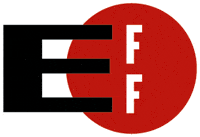Articles by Electronic Frontier Foundation (EFF)

Transparency is fundamental to good copyright policy, EFF and partners say
In the week leading up the two-year anniversary of the SOPA [Stop Online Piracy Act] blackout protests, EFF and others are talking about key principles that should guide copyright policy.
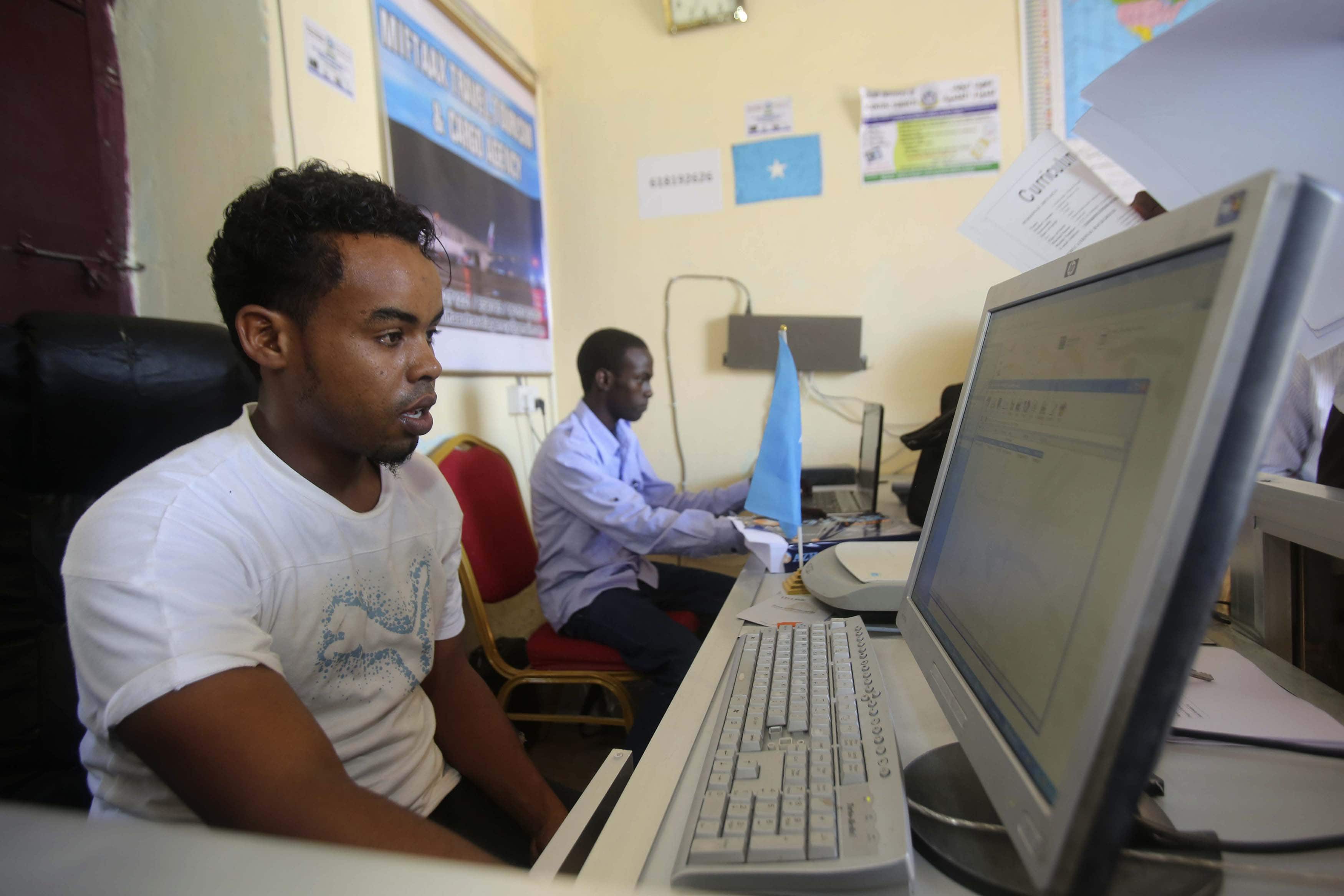
Mine, not thine: Somalia’s Al Shabaab bans the Internet
Somali rebel group (and US-designated terrorist organization) Al Shabaab has reportedly banned the use of the Internet through mobile handsets and fiber optic cables throughout Somalia, giving telecommunications companies 15 days to comply with the order.
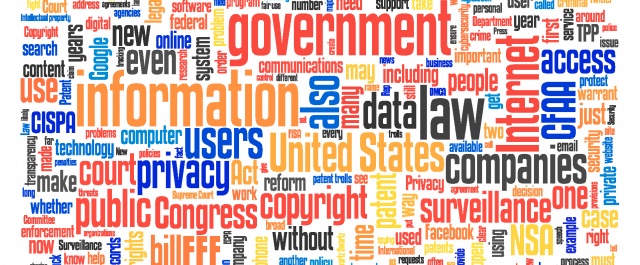
2013 in review: Fight for free expression and privacy in technology
In 2013, we received confirmation and disturbing details about the NSA programs that are sweeping up information on hundreds of millions of people in the United States and around the world. This set off a cascade of events, from EFF’s newest lawsuit against the NSA to protests in the streets to a United Nations resolution to Congressional bills both promising and terrifying. In December, a federal judge even found the surveillance likely unconstitutional, calling it “almost-Orwellian.”
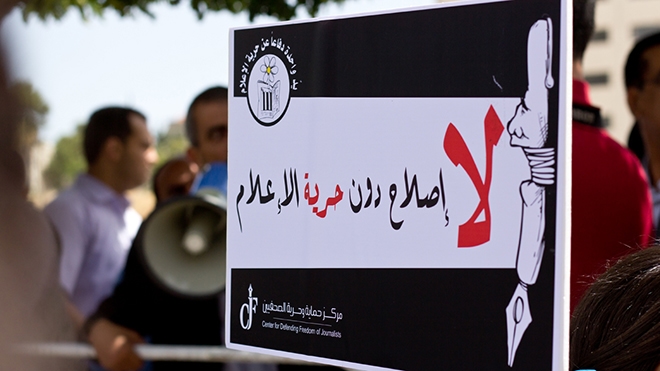
2013 in review: As governments in the Arab world crack down, activists fight back
As the year draws to a close, the Electronic Frontier Foundation is looking back at the major trends influencing digital rights in 2013 and discussing where we are in the fight for free expression, innovation, fair use, and privacy.

Will Morocco regulate the internet?
In a region where censorship is the norm, Morocco has always stood out for its nominally free press, and mostly free Internet. But in the past year, that freedom has been repeatedly challenged.

UN General Assembly approves resolution on “The right to privacy in the digital age”
A UN approved privacy resolution is aimed at upholding the right to privacy for everyone at a time when the United States and the United Kingdom have been conducting sweeping mass surveillance on billions of innocent individuals around the world from domestic soil.
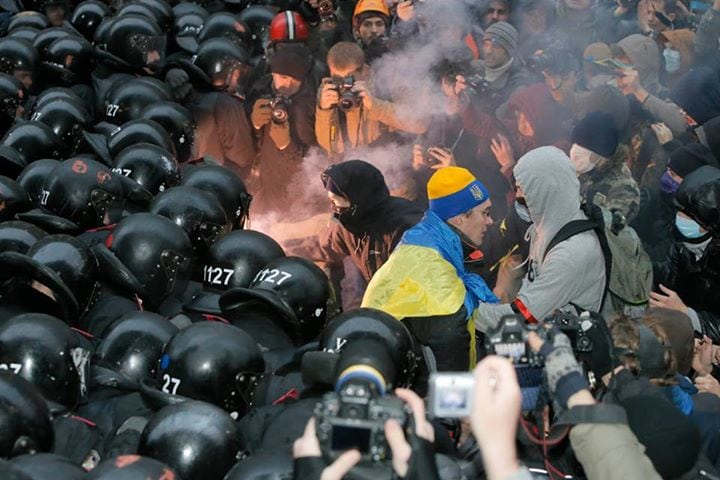
Worldwide condemnation for brutal attacks on over 50 journalists in Ukraine
IFEX members strongly condemn recent attacks on journalists during public demonstrations in Kyiv and call for those responsible to be held accountable.
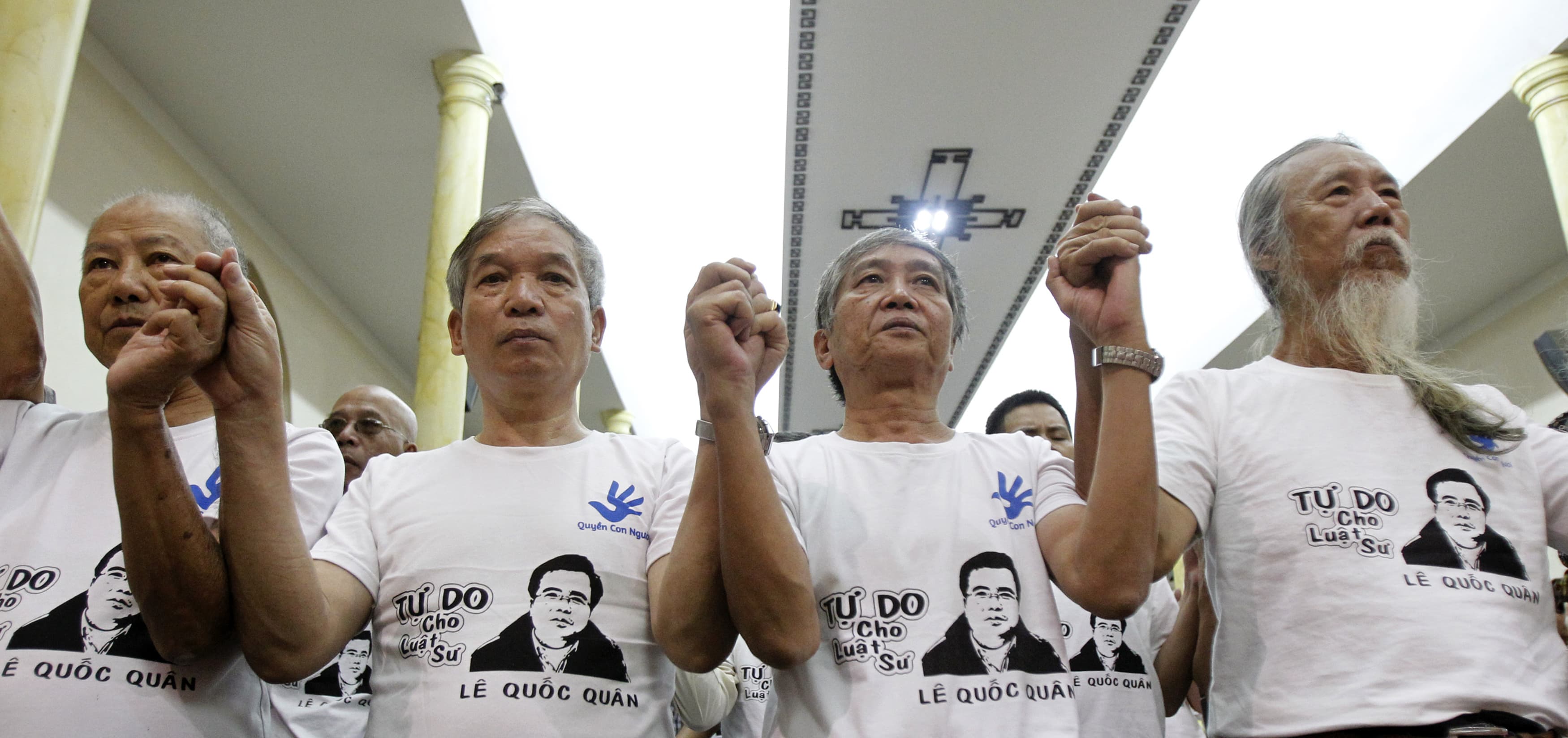
Vietnamese blogger’s detention “illegal”, says UN rights tribunal
Following the UN Working Group on Arbitrary Detention determination that Vietnamese human rights lawyer Le Quoc Quan’s detention is illegal, 12 NGOs issued a joint appeal to the authorities calling for his immediate release.
